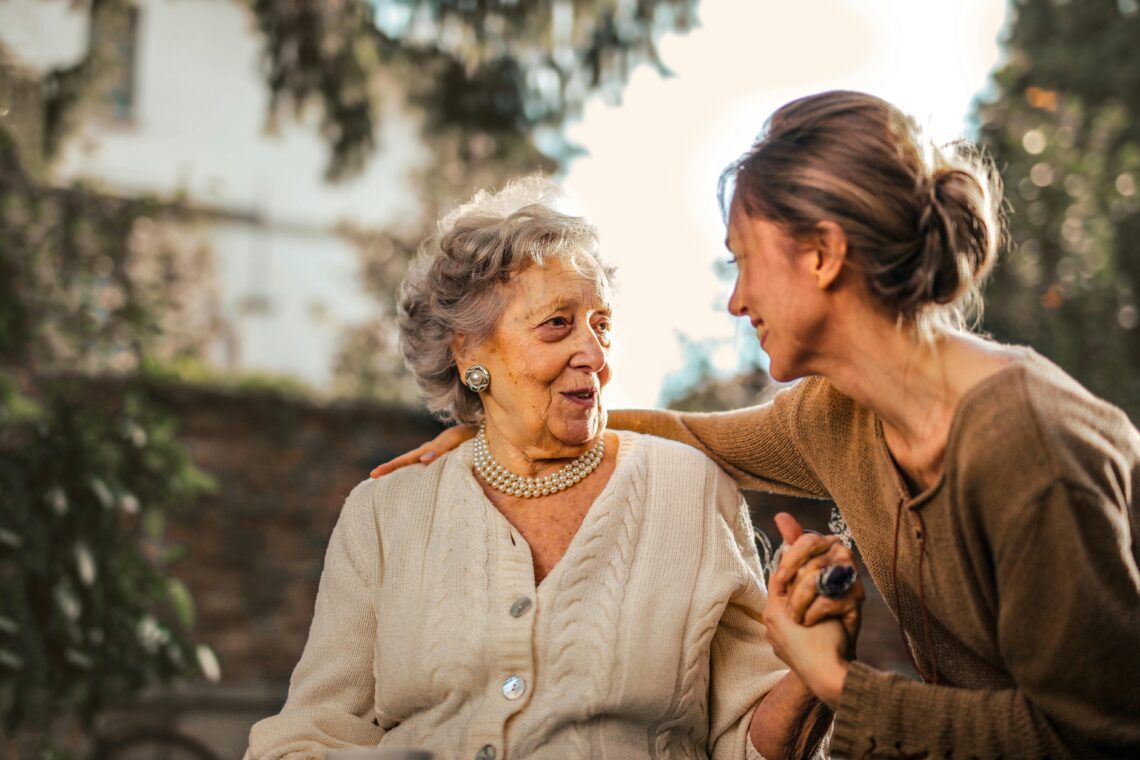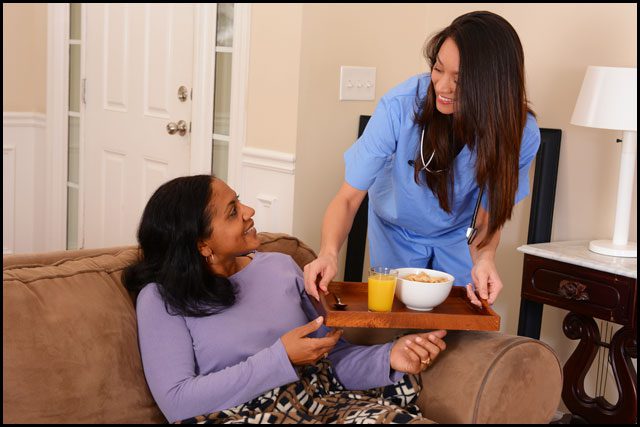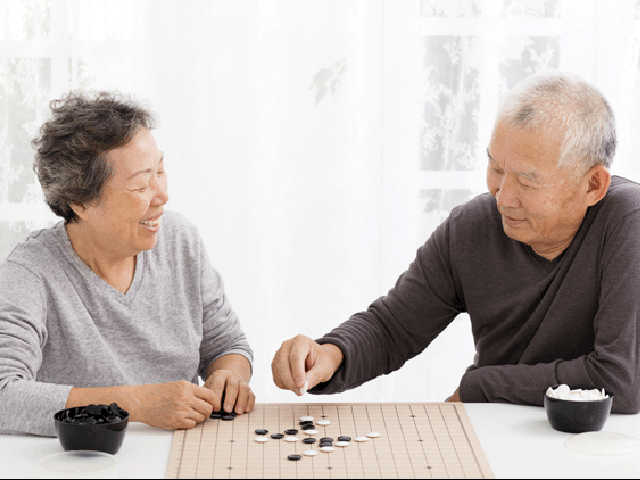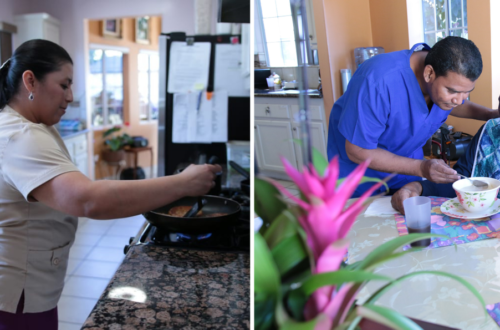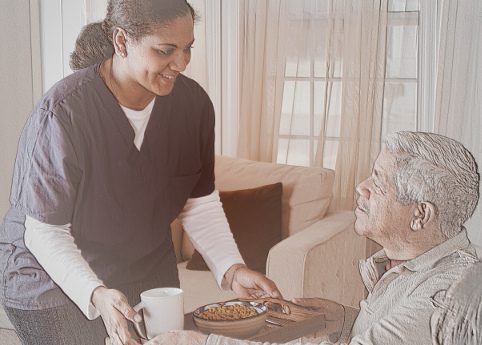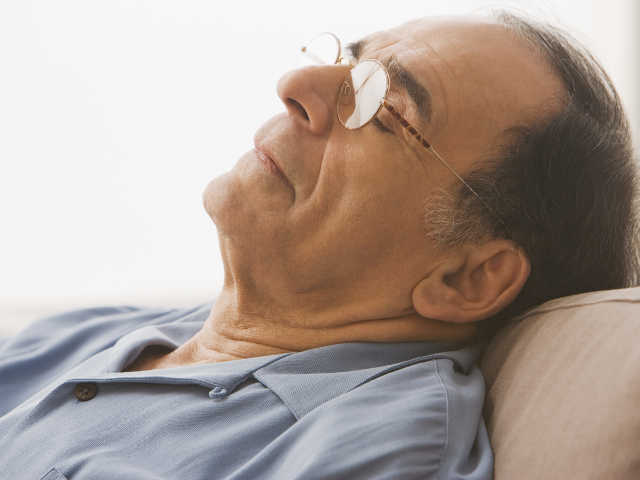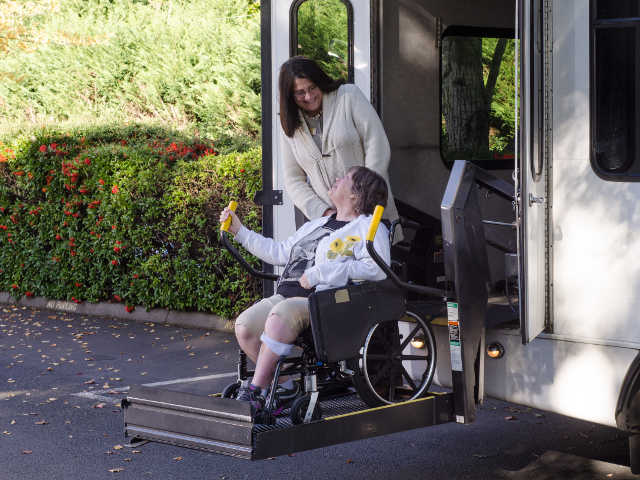-
Protecting Our Seniors: Preventing Fraud and Financial Exploitation
Fraud is more prevalent than ever, and unfortunately, many elderly adults have fallen victim to scams. This Fraud Prevention Month, we’re raising awareness to help protect our beloved seniors from financial abuse and exploitation. Recognizing financial elder abuse isn’t always easy﹣it can be subtle but devastating. Watch for warning signs such as disappearing valuables, unusual bank activity, unauthorized credit card use, or pressure to change legal documents. Fraudsters often deceive seniors into signing financial agreements, diverting their funds, engaging in a fake romantic relationship, or even promising lifelong care in exchange for property. Protect your loved ones by staying vigilant, verifying transactions, and reporting suspicious activity. It’s a delicate balance…
-
How to Choose the Right Home Care Provider
Finding the best home care provider for our loved ones is an important decision that requires careful consideration. Having access to the best care not only enhances the lives of those we care for but also helps ease the concerns and stress that come with caregiving.
-
Top 5 Android Apps Caregivers Should Try!
Smartphones and tablets have become almost universal tech accessories in the last few years. Each new version of these devices is more useful than the model it replaced. More functionality hasn’t resulted in more complexity, however. They’re easier to use than ever, mostly because of the large selection of applications they run. Apps make these devices an incredibly useful tool for people working in senior home care services. Whether it’s managing prescriptions, looking up information, or summoning help in an emergency, there is an Android app for the task. We’ve assembled a list of five Android apps you can install on your smartphone or tablet to help with caregiving duties:…
-
Fun and Games With Memory Exercises
Family members who provide senior care often worry about the effects of memory loss on their loved ones. Everyone hopes to hold off the deterioration of the mind as long as possible, but the onset of memory loss can be subtle. If you fear that a family member may be heading down that path, you and other caregivers can do a few things to help. There are many strategies that have been shown to help with memory loss, and the good news is that most of them are not only effective, they’re lots of fun, too. Stimulating the Mind You can help stimulate brain function for seniors by making sure they…
-
How to Make a Checklist for Your New Caregiving Service
Once a family has chosen a home care hospice service for in-home health care services or assisted care, there are many topics to discuss with the caregiving service. Every detail can be important to the quality of life for the elderly patient. We’ve compiled a handy checklist of things that should be discussed with a hospice caregiver before in-home care begins. It is a good idea to write down and give a copy of what you discussed to the caregiver, as well to as the home care service itself. That way, a family will know for sure that all their loved one’s needs will be taken care of by the…
-
Palliative, Not Terminal, Care
When most people hear the term “palliative care,” they immediately think of care for terminal patients. But that is not always the case. The basic thing about palliative care is that it is an approach that combines several disciplines in providing specialized medical care for seriously ill patients. The object of the care is to improve the quality of life for the patient. Taking Care of Serious Illness Palliative care is often applied to patient care that does not focus on providing cures. It is combined with other treatments, but the palliative care looks toward management of symptoms, and giving social and psychological, even spiritual, support to the patient and…
-
Making Caregiving Services Easier With Skype
Many senior citizens are enthusiastic Internet users. Social media use is also very common among seniors, although the particular social media platforms are still segregated a great deal by age. People who are eligible to receive letters from AARP generally prefer Facebook to Twitter, for example. But there is a general willingness to stay connected to loved ones that can be used to improve the quality of life for seniors and their families. Whether a loved one is being cared for in a rehabilitation center, receiving nursing home health care, or using caregiving services to help them stay independent, social media can help. Ease of Use Is Important If a…
-
Taking Care of Seriously Ill and Terminal Patients
Many families who are facing taking care of terminally ill loved ones, have to make difficult choices about caregiving services for the last months and weeks of the loved one’s life. Other families have to consider how to take care of a loved one who has an on-going major illness for which there may be no cure. The value of quality care for this challenging period is very important for both patient and family. Knowing that loved ones may be facing their last days inspires family and caretakers to give the patient the greatest comfort possible, both physically and psychologically. Impersonal Institutional Care Until the 1970s, there was not very…





